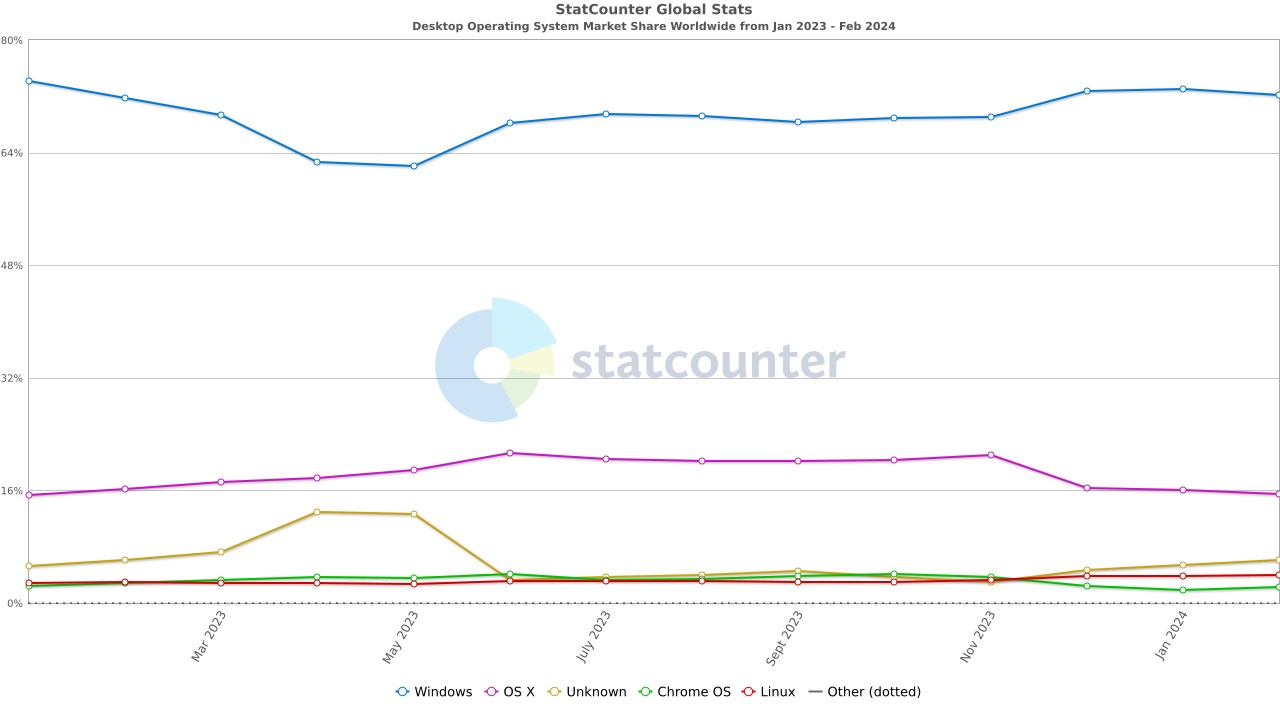I don't think Microsoft (or Apple) want people to have personal computers anymore in the way that PCs have historically existed. That is to say, they don't want your computer capable of running arbitrary code of your choosing. They don't want your computer to have the potential to do everything, to run everything, to make anything.
They want to control and lock down all aspects of your machine and what it can do, retain ownership of hardware via software licenses, and monetize every click and keystroke.
Microsoft doesn't want you to have a functional computer anymore, they want you to have a dummy terminal that runs Office 365 and Copilot.
